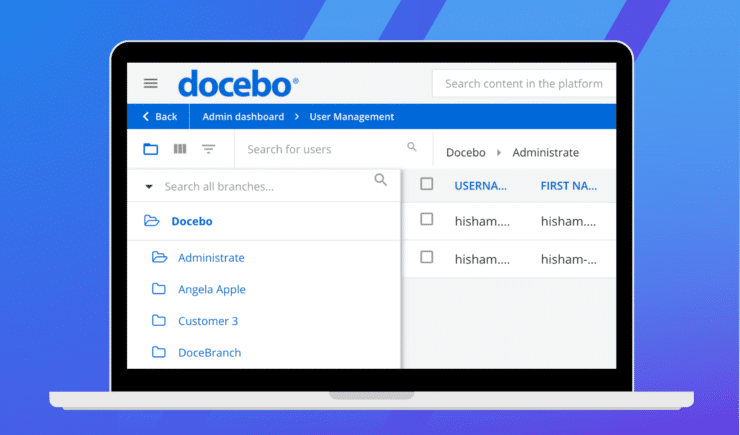In the past few years, we’ve all become acutely aware of the importance of supply chains. In our personal lives, we all saw empty shelves at supermarkets or waited weeks for deliveries that normally would have taken days. Professionally, most of us experienced resource or personnel shortages that prevented us from delivering to our clients and customers. It’s easy to see now just how much we were taking for granted a few years ago in terms of the complex logistics that keep the world going.
Now, it might seem like training operations aren’t that closely connected to supply-chain issues, but they are. Talent management presents two complex logistical problems.
Firstly, supplying talent to the organization is something that must be managed carefully. Companies need a certain number of workers with a certain level of skills, and there is a certain amount of lead time required to hire, train, and onboard those workers. Managing and maintaining visibility on training operations is central to that process.
Secondly, training operations themselves often have complex logistical requirements that have never been given due attention. From making sure there are enough laptops available for an ILT session, to booking resources like multi-million dollar simulators, training events and learning experiences put logistical and resource-management demands on L&D teams that need to be met if training is going to play its part in the talent management process.
A Platform for Talent Management Strategy
These logistical problems facing training teams are rarely addressed by the software available to training teams on the market. The thousands of LMS options available are a good indicator of the market’s priorities – last-mile content delivery to learners.
Delivering content to learners is important, of course, but what about the back-end management of training? Where are the tools for scheduling, for resource management, for document management, for booking conflict resolution? These kinds of tools just haven’t been widely explored for training operations, leaving L&D professionals solving logistical problems with spreadsheets and sticky-notes.
Meanwhile, enterprise resource planning (ERP) software has existed for long enough that much of it is now legacy software. Why hasn’t a solution like an ERP been developed for training teams?
That’s what Administrate is building. By creating a platform that streamlines the management of training data and integrates the back-end management processes of training operations, Administrate can support powerful functionality like automated booking, scheduling, credentialing, and resource management in the training context.
So, consider the role your training team plays in your organization’s talent management strategy, as a critical component of the supply chain for talent. Do you have the backend support to scale your operations and deliver high-quality content to learners without continuously adding more staff and manual work? If not, a platform like Administrate might be for you.
To learn more, take a look at some of the features that the Administrate platform has to offer.





